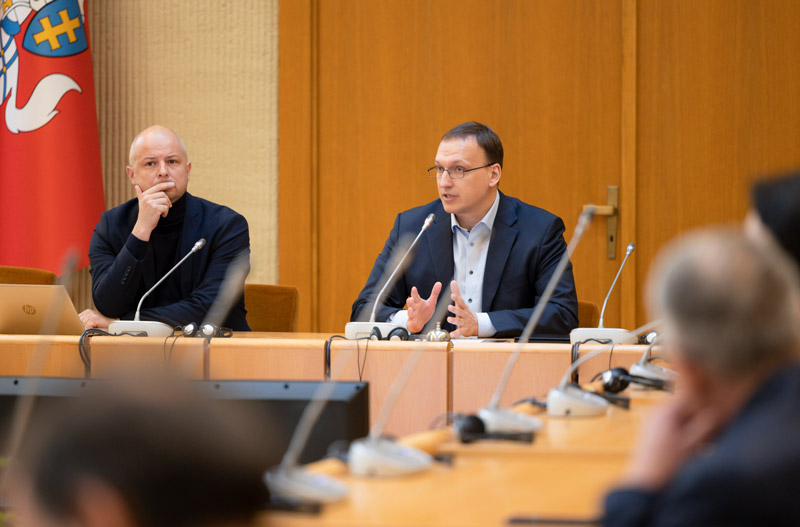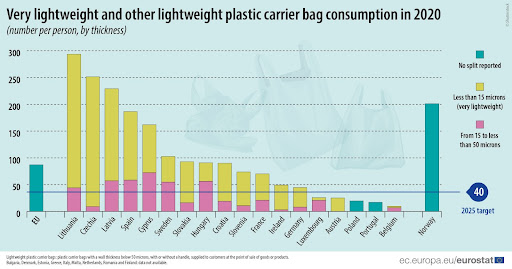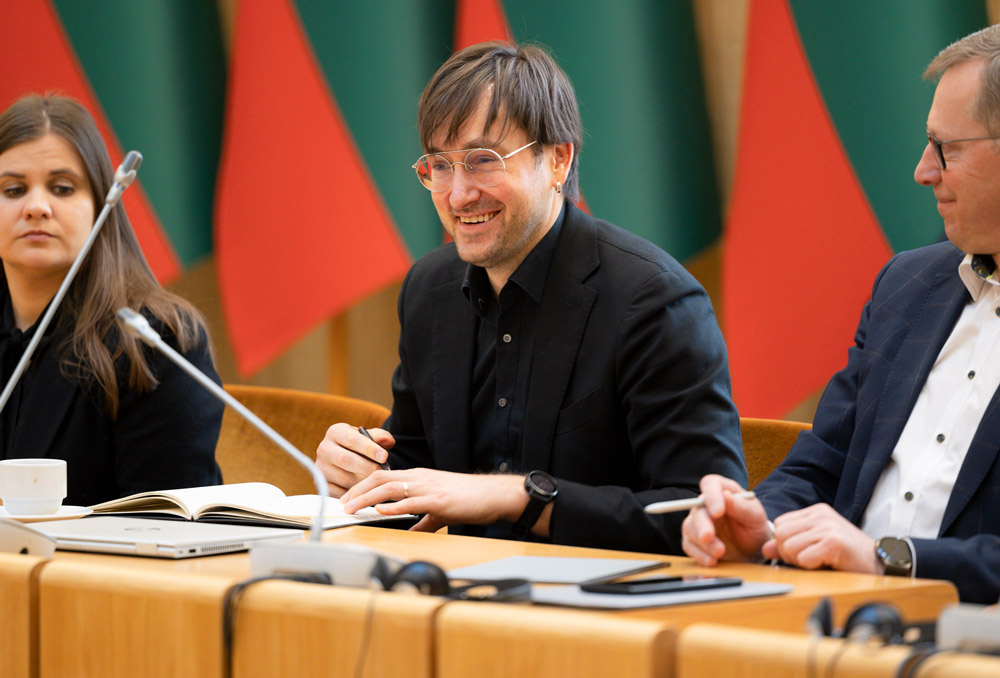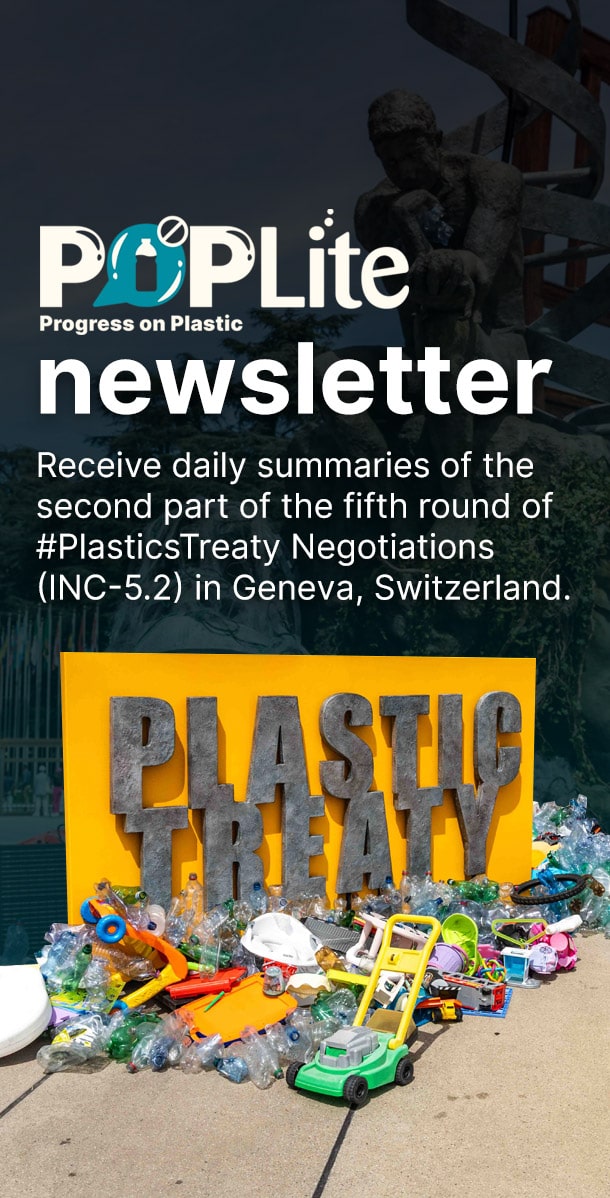It is currently the first parliamentary term for Kasparas Adomaitis where he has joined the Environmental Protection Committee. Prior to the elections in 2020, Mr Adomaitis led the team that prepared the environmental protection programme for his political party, the Freedom Party, which is now new to the Parliament and is currently a part of the ruling coalition.
Kasparas Adomaitis, you have been instrumental in drafting a bill proposal on national policies on packaging and recycling. Why is plastic pollution an important issue for you?
I was once told that more than 50% of EU regulation concerns environmental protection. Whilst I cannot verify the accuracy of the figure, combating plastic pollution and putting in place proper waste management systems requires an overwhelming amount of increasingly complex regulation, at least based on my experience in the Environmental Protection Committee in the Parliament of Lithuania.
Reducing excessive plastic packaging is our utmost priority, and emphasis really needs to be put on the role that reuse can and should play. However, unfortunately, a large share of plastic packaging nonetheless ends up as waste. Plastics contaminate other types of waste (e.g. food), which makes it impossible to successfully manage all waste. For this reason, plastics deserve exceptional attention within waste management systems.

Kasparas Adomaitas, Member of the Environmental Protection Committee at the Parliament of Lithuania
Credit: Ilona Šilenkova, Lietuvos Respublikos Seimas, February 2023
I have visited a number of plastics production facilities, recycling and waste sorting/management centres in Lithuania, and I am convinced that we still need much more progress in managing plastic packaging and waste. Littering with single-use plastics is commonplace; and even if plastic packaging is properly thrown away, it is usually mixed in with other types of waste. When plastic packaging is properly separated at source, plastic and waste sorting plants sort out only a small share of it for recycling with most plastics still destined for incineration and export.
All of this happens despite increasingly complex regulation that is supposed to ensure proper management of the plastic waste. I am not saying easy solutions are possible, but I am actively learning what can possibly change to ensure better results, for example, re-design of packaging to improve recyclability and strong economic policies that target plastic waste.
Kasparas Adomaitis, what is an example of how Lithuania is changing the way it deals with its plastic waste?
One of the latest proposals that will be soon implemented in Lithuania is targeted at very lightweight plastic bags: it forbids the distribution of them for free at supermarkets. This is one of my initiatives that I believe shows how simple, economic incentives can substantially change consumer behaviour. The regulation itself will go into effect on July 1st, 2023. While lightweight bags usage was stable and relatively manageable in Lithuania, at the same time very lightweight bags consumption was at the top among European countries (see Eurostat chart here). Hopefully, we will be able to see some substantial reduction in very lightweight bag consumption after the regulation comes into effect.

Lightweight plastic carrier bags: plastic carrier bags with a wall thickness below 50 microns, with or without a handle, supplied to customers at the point of sale of goods or products. Credit: Eurostat, 2023
Another proposal, which takes a much broader scope, is to bring in a new plastic tax and charge 800 Eur/ton for non-recycled plastic packaging in Lithuania. While the exact implementation and scope of this proposal is still under discussion, hopefully this new tax will cover not only plastic packaging, but composite plastic packaging material as well.
Plastic packaging waste in Lithuania is rapidly growing annually, reaching around 90,000 tons according to the latest data in 2021, and the non-recycled share of it is also growing. On top of that, there is a widespread suspicion that most of the recycling rates, unfortunately, are overreported in Lithuania. The European Commission must investigate the situation and provide its conclusions if new recycling reporting rules are needed to be implemented.
The new plastic tax, combined with new reporting rules, would bring huge incentives to change plastic waste and packaging practices.
We would like to thank Domantas Tracevičius and Kasparas Adomaitis for conducting this interview.




